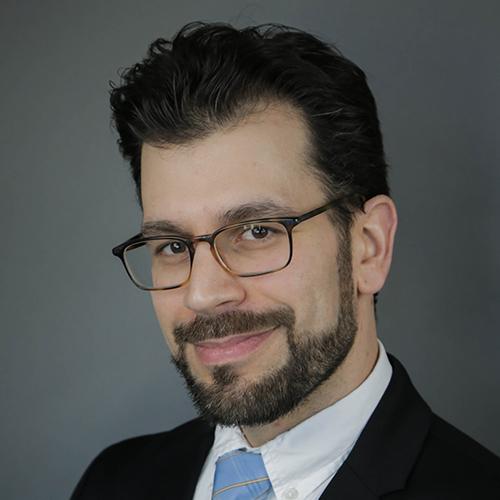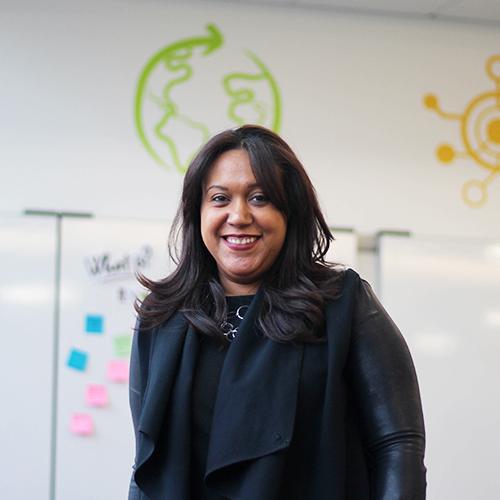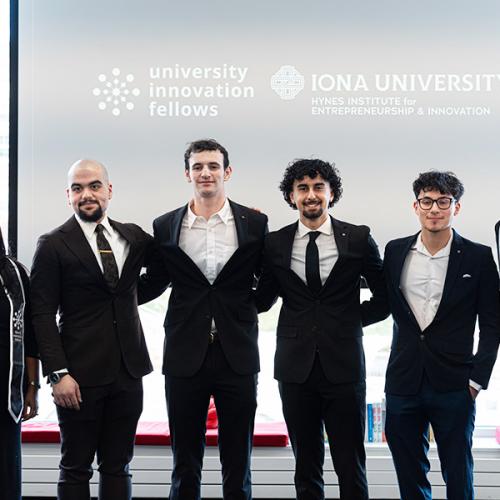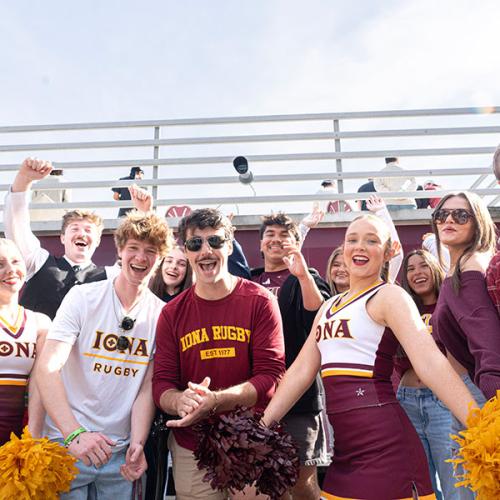Thomas Moretti, Ph.D.
Associate Provost
Associate Professor of English
Editor of The Shakespeare Newsletter

- Office:
- 32 Hubert
- Phone:
- (914) 633-2058 (914) 633-2058
- Email:
- tmoretti@iona.edu
Degrees:
- Ph.D., University of Maryland, College Park
- MA, University of New Hampshire
- BA, Providence College
Dr. Thomas Moretti teaches courses in composition, literature surveys, Shakespeare and early modern English literature. He specializes in early modern English literature, and his current research concerns the ties between religious conflict and gender performance in early modern English drama.
Dr. Moretti began teaching at Iona University in 2012. He specializes in early modern English literature, religion, politics, ethics, and culture. His article, “Misthinking the King: The Theatrics of Christian Rule in Henry VI, Part 3,” received the Joseph M. Schwartz Memorial Essay Prize in 2010 from the journal Renascence. His other publications include essays on experiences of time in King Lear, religious negotiation in Thomas Dekker and Philip Massinger’s The Virgin Martyr, and religious mediation and inclusivity in John Webster’s The White Devil. He has also presented his work at the Shakespeare Association of America and the Renaissance Society of America’s annual conferences. He is currently working on ways to make reading Shakespeare a virtuous act, and his current book project, The Last Lit Class, focuses on rethinking the purpose and value of a core literature class. He also pursues creative writing projects; his poem, “Hydrangea,” was published in the online journal Contrary and was nominated for a “Best of the Net” award in 2020.
Dr. Moretti bases his pedagogical approach on central tenets of the humanities: open inquiry, intellectual stimulation, personal development, tolerance, and community. He teaches composition, literature surveys, Shakespeare and early modern English literature. In each course, he offers his expertise in ways of reading, literary analysis, rhetoric, and composition. His goal is to give students the opportunity to marvel at the social, cultural and psychological discoveries that literature affords them. He hopes to teach students that they must continue their education outside and after the classroom for their personal growth and for the power of their citizenship in an increasingly complex global society.


